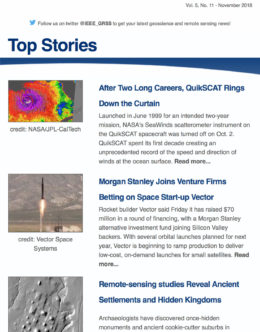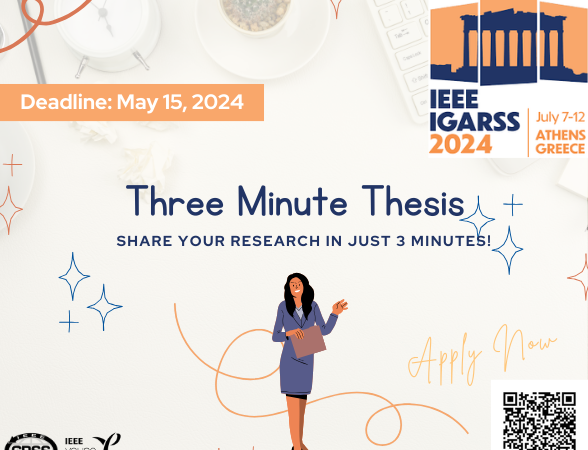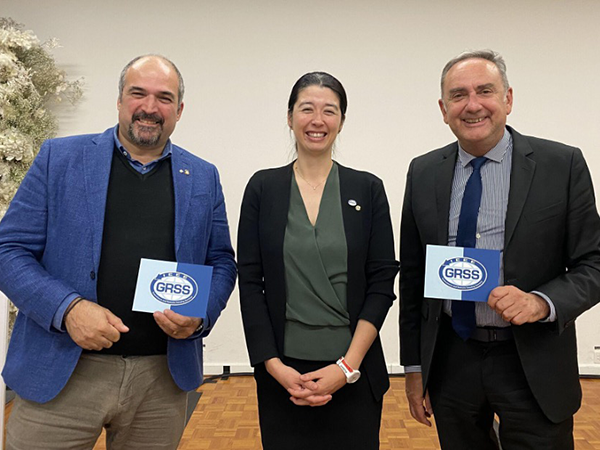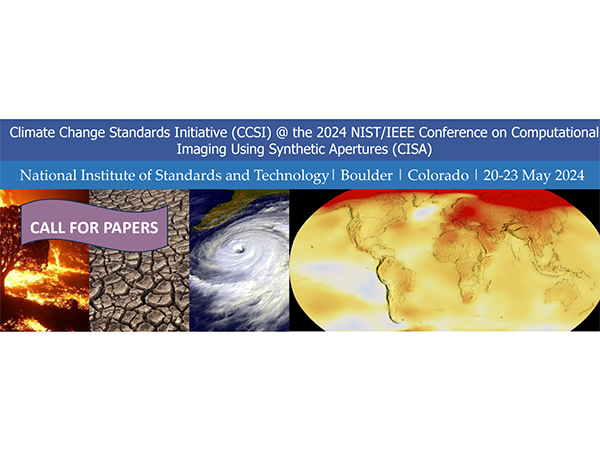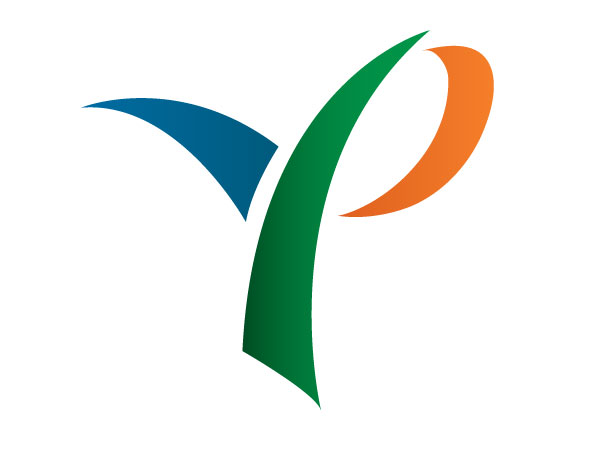Click here for a pdf version of this post
The 1st Circular of
The Third Summer School in Spectrum Management for Radio Astronomy
National Astronomical Observatory of Japan, Mitaka, Tokyo, Japan 31 May – 4 June, 2010
Sponsored by NAOJ (to be confirmed), IUCAF, CRAF and RAFCAP
The purpose of the 3rd IUCAF Summer School is to offer a comprehensive view of both technical and regulatory issues related to radio astronomers’ use of the spectrum. Spectrum management is a task of rapidly growing importance, for radio astronomy as well as for other radio services; however, it is normally not part of the academic curriculum. At least for radio astronomy you have to learn it by doing it. The IUCAF Summer School will be an opportunity to profit from the experience of colleagues, who have been doing it for some years.
The expected audience would be members of the radio astronomy and related radio engineering community, who are becoming active in this area at the local, national or international level, and regulators whose task is to protect passive services and science services.
Venue:
Meeting room in COSMOS kaikan (COSMOS hall), NAOJ
Scientific Organizing Committee:
M. Ohishi (Japan), A. Tzioumis (Australia) , H.Y. Zhang (China), S.H. Chung (Korea), T. Gergely (USA), H. S. Liszt (USA), A. Clegg (USA) , W. van Driel (France), K. Ruf (Germany), and W. Baan (The Netherlands)
Local Organizing Committee:
M. Ohishi (Japan)
Purpose of the Summer School:
Nearly 80 years passed since K. G. Jansky first detected radio emission from the Galaxy, while searching for the origin of the weak static that was causing interference to communications. Since then, radio astronomy has revolutionized our view of the Universe through the discovery of quasars, pulsars, the Cosmic Microwave Background, and the survey of our Galaxy in the 21-cm line, molecular lines and many other phenomena. The radio window was the first non-optical window in the electromagnetic spectrum to be explored, and radio techniques continue being a prime tool in mankind’s’ exploration of the Universe. At the same time, radio astronomy remained closely linked to the world of radio communications, adopting some of its leading technologies, and sometimes giving rise to technologies of its own that were adopted by radio engineers for commercial applications.
During the 20th century, radio astronomers enjoyed relatively easy and interference free access to large portions of the spectrum, by locating telescopes far from potential sources of man-made noise. A small number of specialists took care of regulatory issues that arose in national and international forums, that rarely required attention from the broader astronomy community. This state of affairs has been changing rapidly in the 21st century, as demands on the spectrum increase due to huge increases in the demand and availability of wireless applications (mobile phones, Wireless LANs, and others), communications satellites and marketing of new technologies, such as ultra-wide band systems, power line telecommunication systems, cognitive radio systems. The development and health of radio astronomy depend critically on astronomers’ continued access to the radio spectrum, and this in turn demands that astronomers and particularly radio observatories pay closer attention to the technical and regulatory issues that arise in relation to managing the radio spectrum, particularly as they relate to radio astronomy.
However, spectrum management is not only necessary, but it is also interesting and sometimes even challenging. It requires a combination of scientific motivation, technical background, legal knowledge, and diplomatic skills, which is normally not taught at university.
At the IUCAF Summer School a number of experts will illuminate many of these different aspects for the benefit of new colleagues interested in this field.
Capacity of the Summer School:
Due to the limited capacity for accommodations at the Mitaka campus of NAOJ and vicinity, participation in the summer school may be limited to 40 persons. Preference will be given to younger radio astronomers and engineers, who are or expect to be involved in spectrum management activities.
Important Dates:
Submission of expression of interest:
February 26, 2010
Deadline for final Registration:
March 31, 2010
Deadline to submit Visa Information Form:
March 31, 2010
Visa Requirement:
A list of countries with visa exemptions can be found at
www.mofa.go.jp/j_info/visit/visa/02.html
Should a visa be needed, participants should submit the Visa Information Form (visa_info_form.xls) to the LOC before March 31, 2010.
The support conditions below MUST be met BEFORE visa assistance can be provided.
Visa Support Conditions:
- completion of Summer School registration
- completion and confirmation of hotel reservations
- flight reservation
- letter of recommendation from an academic advisor (“Student” Only)
Accommodation:
The LOC has made block reservations for the Summer School participants (up to 30 persons) in Hotel Mets Musashi-Sakai between May 30th (Sun) and June 6th (Sun)
www.jrhotelgroup.com/eng/code/codeeng124.htm , which is just next to the JR Musashi-Sakai station. The room charge is JPY 8,100 (JPY 8,550 for June 5th only).
Travel Support:
Travel support may be available to cover the necessary travel expenses. Please indicate if you need travel support on the registration form.
Access to the NAOJ, Mitaka:
The access to the Mitaka campus of the NAOJ can be found at:
www.nao.ac.jp/E/MTK/travel.html
Those who stay in Hotel Mets Musashi-Sakai may take the public bus transportation between the JR Musashi-Sakai station and the NAOJ. The bus ride is around 15 minutes one way. And the fare is JPY 210 one way.
Inquiries:
All inquiries including visas should be sent to:
Dr. Masatoshi OHISHI
email:
masatoshi.ohishi [at] nao.ac.jp
phone:
+81-422-34-3575
fax:
+81-422-34-3860









